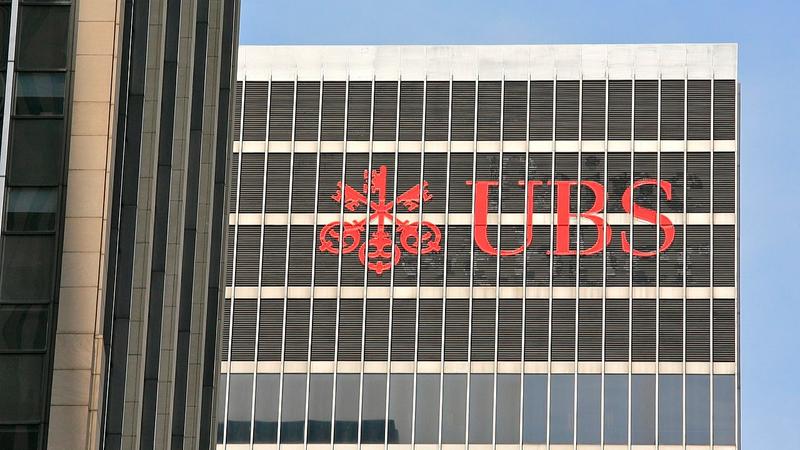Published 13:27 IST, June 20th 2024
UBS deal exposes Swiss trustbusters’ inadequacy
Under current Swiss legislation, the Competition Commission (COMCO), the country’s antitrust watchdog, looks rather toothless.

Toothless. Like its famed Gruyère cheese, Swiss antitrust defences look full of holes. On Wednesday, financial regulator FINMA concluded UBS’s government-sponsored purchase of troubled rival Credit Suisse did not harm competition in Switzerland, even though the country’s antitrust authority raised some clear red flags in September. The outcome is not surprising: any significant rethink would have cut across last year’s rescue deal, which FINMA already blessed, with potential financial stability implications. Yet the Alpine nation’s tools to monitor any further weakening of competition in the financial sector look weak and outdated.
Under current Swiss legislation, the Competition Commission (COMCO), the country’s antitrust watchdog, looks rather toothless. It can only block a merger, or impose specific conditions, if the combination results in the complete elimination of competition. That’s a high bar and was clearly not the case for the UBS transaction. Even though the group now controls a quarter of the country’s overall mortgages market – and some 45% in the Geneva canton – Switzerland still has other banks.
Yet COMCO’s analysis showed that the UBS transaction had led to a weakening of competition, in segments such as asset management. In corporate banking, in particular, COMCO noted there are “currently no full-fledged alternatives available” for certain customer segments and recommended the opening of an in-depth investigation, which FINMA turned down. While greater strength is a boon for UBS, Swiss business players face more limited choice and possibly higher fees.
While the past analysis is water under the bridge, the ability to monitor future market developments is a current concern. For instance, Swiss legislation does not currently enable authorities to launch sector investigations, a common occurrence in the European Union. That is problematic if COMCO were to try to assess whether UBS is using its increased strength to hike prices or squeeze out competitors. The antitrust commission can also be easily pushed aside in matters pertinent to Switzerland’s key financial sector if FINMA decides it should be, on vaguely defined “creditor protection” grounds.
The solution, as per COMCO’s recommendations, is to rapidly introduce EU-style legislation that gives antitrust authorities more supervisory power and more independence from financial authorities – and ultimately from the Swiss government. A planned partial revision of the Cartel Act, expected to come into force in 2025 and now being discussed in parliament, is an opportunity to do so.
Saving the Swiss financial market by preventing Credit Suisse’s implosion was necessary. But making sure the domestic corporate landscape remains competitive is also paramount. Right now, Switzerland is falling short.
Context News
Swiss financial authority FINMA said on June 19 it had approved the merger of UBS and Credit Suisse without imposing any antitrust conditions or obligation. The Swiss competition authority, COMCO, had recommended in a 173-page report dated from September that FINMA open an in-depth review into UBS’s market position following the takeover of Credit Suisse. The report said the merger had led to a concentration and weakening of competition in Switzerland. Swiss law gives FINMA the authority to take over from COMCO in critical national matters. In its report, COMCO asked Swiss legislators to strengthen the antitrust framework by allowing EU-style antitrust sector investigations, which are not allowed. COMCO also asked FINMA and SNB to monitor pricing and operations in the financial sector following the UBS deal.
Updated 13:27 IST, June 20th 2024
